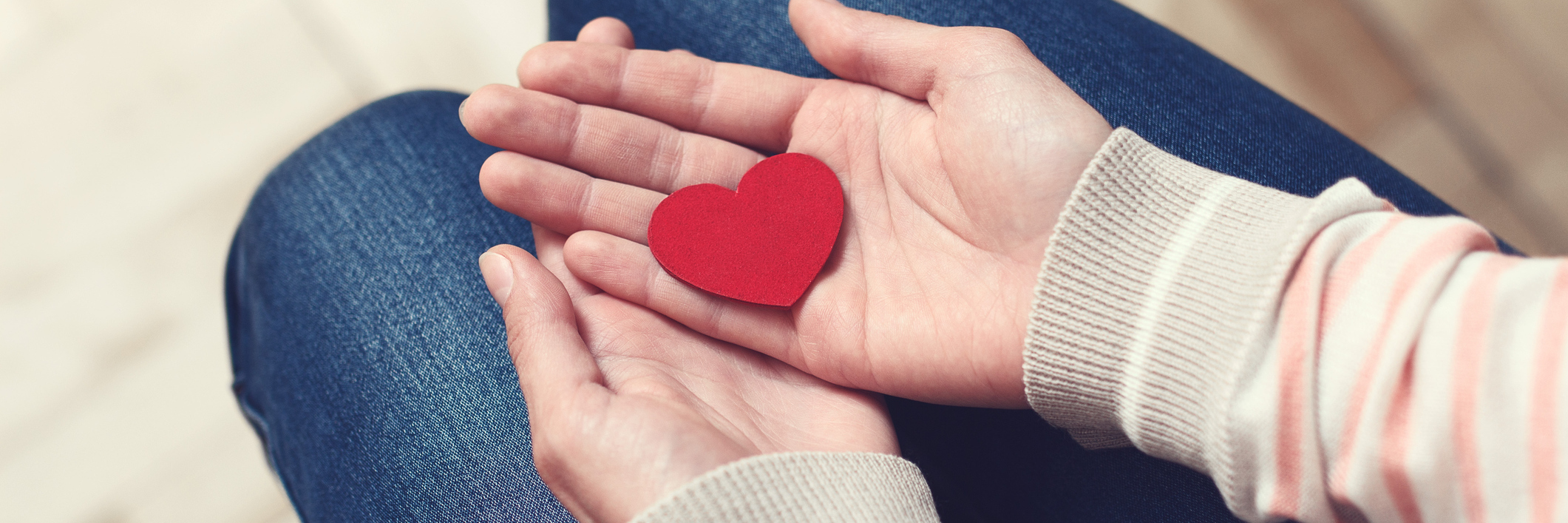My eating disorder feeds me feelings of inadequacy and self-loathing and feeds on my preoccupation with food and my body. It convinces me that I am not worthy of love and will never find love or maintain a relationship because of my diagnosis. But this voice is misguided, and certainly not my own.
I must remind myself my thoughts and behaviors are not a reflection of me, but of my disorder.
My eating disorder affects my thoughts and behaviors in ways I sometimes think could prevent me from maintaining a relationship. Fear and anxiety regarding food may drive me to go to great lengths to avoid situations involving food. Relapses occur which may compel me to isolate myself from my partner. In both cases, these behaviors can make me seem avoidant and unreliable to those around me, but they stem from something that is not me.
Like my disordered behaviors, my disordered thoughts are not a reflection of me, either. I had my own voice before my eating disorder took over, convincing me to refrain from eating because it helped give me a false sense of control, or to feel guilty for eating because my weight was my worth. Even though I entered treatment four years into my disorder, I was able to separate the two. Amidst the hounding of disordered thoughts, my true voice was uncovered.
I believe isolating yourself until you think you’re “worthy enough” will only prevent you from ever accepting love.
I was able to maintain a relationship when my eating disorder first developed because I felt in control of my diminishing weight. When I began to gain weight, my feelings of disgust overcame the feelings I had for my partner at the time. I was falling farther from meeting the criteria I used as a basis for my worth. I wanted to hide my body. I broke up with him, vowing I wouldn’t let him see me again until I lost the weight. My eating disorder prevented me from believing he could love me regardless of my size.
I believe waiting until you have reached a weight at which you deem yourself “worthy” will only prolong — and even solidify — feelings of worthlessness. As is the nature of eating disorders, many will never feel “thin enough” to placate disordered thoughts. Many will wait and wait for a moment that will never come, effectively preventing them from ever being in a relationship, or accepting of the love their disorder has convinced them they do not deserve.
I believe relationships and love require consistent — but achievable — steps in the direction of fear.
At times, many isolate themselves because of self-loathing or fear or a combination of the two or more. Relationships and recovery, require you to move in the direction of your fear as your disordered thoughts try to hold you back. When I left treatment, one of the first things I did was one of the things I was most afraid of doing: dating again. I knew opening myself up, both physically and emotionally, would foster my ability to love myself and others.
I believe maintaining — or even entering — a relationship in which you can accept the love of another requires you to become accepting of yourself. Sometimes it requires sitting with the discomfort of being in an “imperfect” body. We must learn to believe we are worth more and we can be loved for more than appearance. When I first began dating post-treatment, I wanted to stay where I felt safe. But walking in, instead of away, from the direction of my fear assisted in my recovery. Then I could take the necessary steps to begin building other parts of my life that had been put on the back burner for so long.
You don’t have to love every part of yourself all of the time to be able to maintain a healthy relationship.
When I first met my current partner, I was still engaging in disordered eating behaviors. I would sometimes isolate myself for weeks at a time without explanation, ignoring his attempts to reach out. These episodes have since greatly decreased in frequency, but there are still days when I have trouble quieting my eating disorder. My weight continues to visibly fluctuate as I adapt to lifestyle changes. Sometimes it is difficult for me to look in the mirror or to keep a meal down.
Healthy relationships require open communication and honesty, and mutual respect, support and acceptance. They are not without flaws, regardless of the added dynamics of an eating disorder. Part of my ability to maintain what I believe to be a healthy relationship is due in large part to my decision to disclose my mental health history to my partner. That he knows about my diagnosis and allows me to use him as a healthy support during my recovery, instead of isolating myself during particularly difficult days.
What role your partner plays in your experience with your eating disorder, treatment or recovery is your choice. Whether or not you are even interested in dating is your choice. It is important for you to know that whatever you choose, you can still love and be loved and truly feel deserving of both — whether that be in relation to romantic partners, platonic friends or family members. Beyond your eating disorder is a body that is yours. May you learn to carry it with love, toward what — or who — you love.
If you or someone you know is struggling with an eating disorder, you can call the National Eating Disorders Association Helpline at 1-800-931-2237.
We want to hear your story. Become a Mighty contributor here.
Thinkstock photo via andrej_k.

